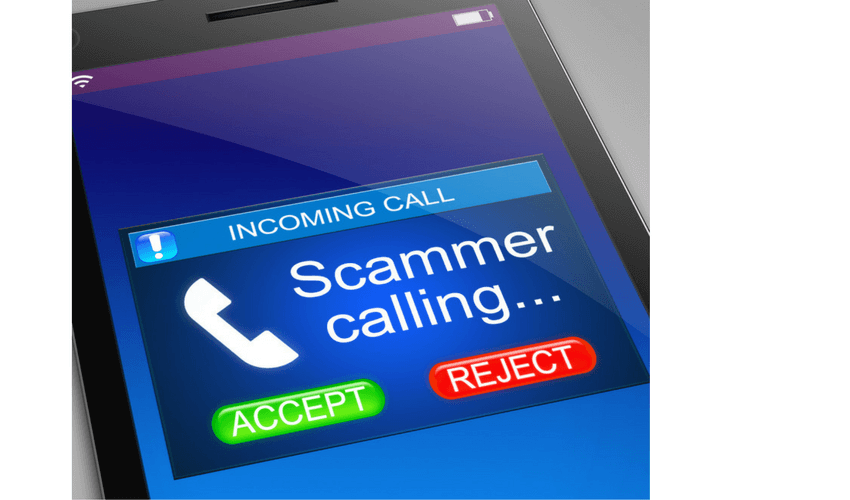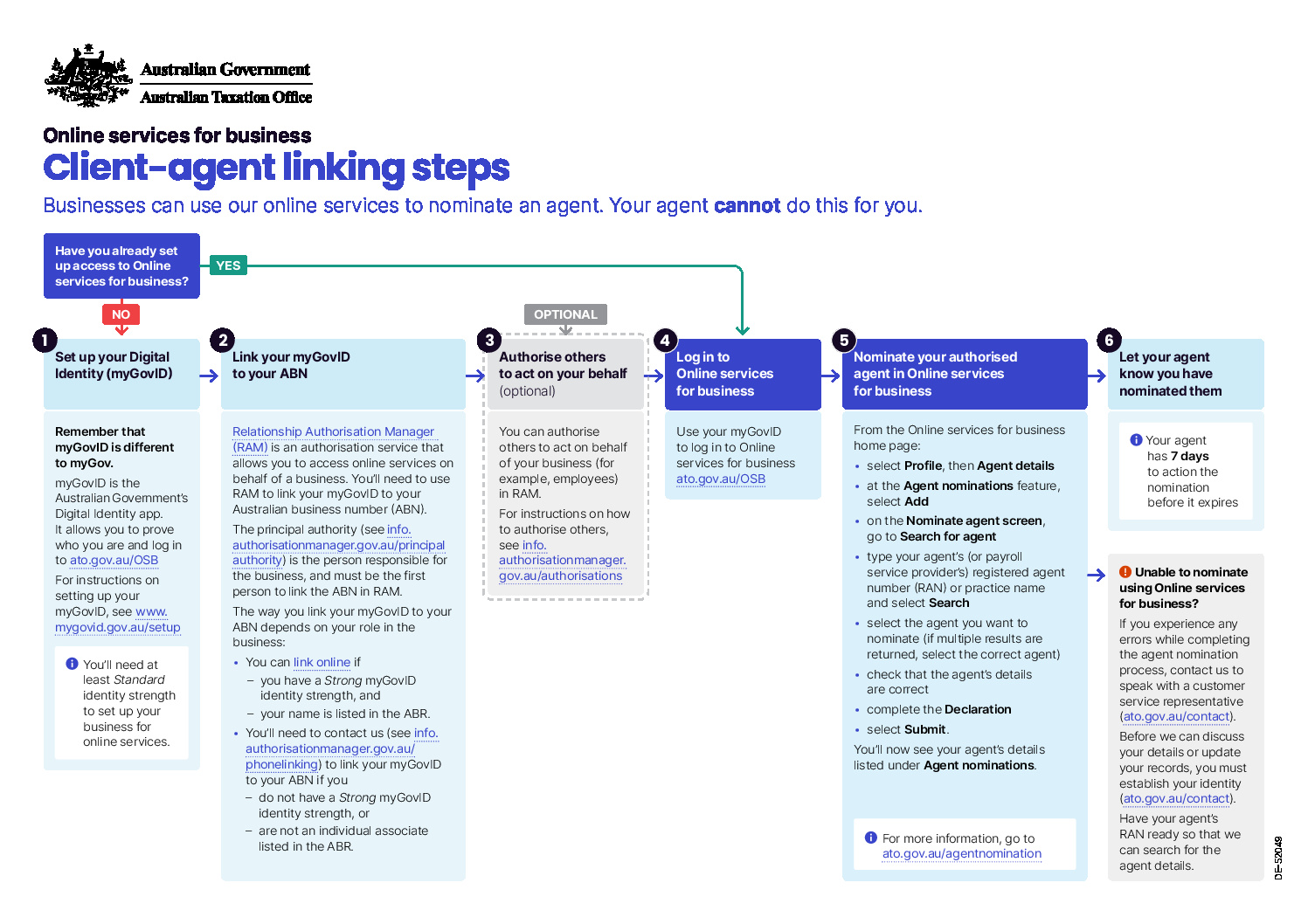In today’s society, with advancement in communications technology, the use of scams to trick unsuspecting victims to part with their hard earned savings and personal details is becoming more prevalent.
The malicious impersonators behind these scams are collating the information to access bank accounts, take out loans in other people’s names, lodge false tax returns and claim Centrelink or other benefits.
A number of contact methods are used to trick people into providing this information including phone calls, emails, and SMS.
So how do you know if you are being targeted?
Phone Scams
The ATO will, on occasion, phone to speak to you, but be aware that they will never:
- ask you to pay money to receive a refund or payment from them
- ask you to pay a debt via a prepaid credit card or voucher
- ask you to provide personal information like your TFN or credit card number, via email or SMS
- request your credit card details to process a payment on your behalf.
These callers can be very convincing and intimidating. They can often catch you off guard if you are not ready for them so be aware!
The following is an example of a recent phone scam that has been going around:
You receive a call from a person saying they are from the ATO. They say that due to ‘errors’ on your tax return, there is a warrant for your arrest. The police will be called unless you attend the local post office and make an immediate payment.
In a variation of this scam, the caller asks you to buy a ‘Load and Go’ card, a pre-paid visa card or department store gift cards. Or pay into a personal bank account.
Key indicators of this scam:
- cold calling (unsolicited call)
- you are advised that there is a warrant for your arrest
- the callers use an aggressive tone
- you are asked to make a payment without having received any prior advice or correspondence from the ATO
- you are asked to pay via non-legitimate payment methods
- you are asked to make a payment without a personal payment slip.
Email Scams
Emails that claim to come from the ATO offering a tax refund are more than likely a scam. The email usually links to a fake website which will ask for your personal and credit details. If you receive an email from the ATO, do not respond, click on any links or open any attachments.
Emails that contain attachments can infect your computer with malicious software once opened.
SMS Scams
The ATO will, from time-to-time, contact you via SMS however, they will never contain links to click on or ask you to reply with your Tax File Number or your personal bank account and BSB number.
How can you avoid being scammed?
Unfortunately, this type of crime is on the increase so we all need to be more vigilant in protecting our personal information.
Your Tax File Number is used to identify you in your dealings with the ATO so always keep it safe.
Only give your Tax File Number to people with a legitimate reason for having it – your registered tax agent, your bank, or your employer after you begin work.
If you are ever in any doubt as to the legitimacy of a call, email or SMS, you can contact our office and we will assist you with the process for reporting the scammers, and provide you with further information on how to avoid them in the future.













